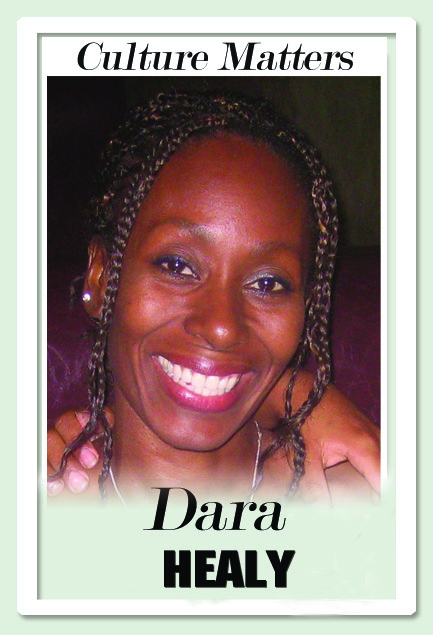We the people, are the Carnival

ON AN empty street, in the centre of London, a masquerader walked the route traditionally paraded in the Notting Hill Carnival. He put up his hands, put back his head and moved by himself to soca music. When people asked him what he was doing, he simply said, “I am the Carnival.”
TT Carnival, the one celebrated by the former enslaved, was fought for. Battles were fought and lives lost. At every juncture, when it seemed there was an understanding between the Africans and the rest of society, there would be something else to defend or claim.
In London, Claudia Jones recognised that tensions caused by race, economics and politics needed to be quelled. She used Carnival as a mechanism for inclusion, understanding and identity. However, history acknowledges that if members of the urban African class in Port of Spain had not fought, that man in London would not have been able to play his mas.
The question is, if Carnival is cancelled but practitioners are proceeding, how, in the middle of a pandemic, may we honour those who fought for our festival?
Following the 1881 Canboulay riots, the Lord Hamilton Commission of Enquiry found that “the riots occurred because the people thought that from the actions of the police in 1880, the authorities were going to stop the entire Carnival.” The backstory is complex.
After Emancipation, many former enslaved moved into areas at the centre of the city and surrounding areas – Belmont, Laventille, East Dry River. The arrival of indentured Africans as workers intensified from 1841. Almost 40,000 documented labourers were taken to territories such as Jamaica, Guyana (British Guiana as it was then called), St Lucia, Grenada and of course Trinidad and Tobago.
Thus, by the time Capt Arthur Baker took command, there were more than 30,000 residents in Port of Spain, many who lived in barrack yards where often "six or more adults were crowded together in rooms eight-ten square feet.”
The crush of people living in Port of Spain meant considerable pressure for housing and employment. Gambling, prostitution, crime and the carving out of territories, that were violently defended if necessary, were part of the reality. But the presence of so many freed Africans had other implications.
It is clear the Africans would have brought their cultural practices and spirituality with them, strengthening the remembered fragments that existed. It is therefore not coincidental that the campaign against Carnival intensified just five years after the first set of “post-Emancipation Africans” arrived.
By 1846, the wearing of masks and masquerading had been outlawed. In 1848, Carnival was moved from its Emancipation date of August 1 and placed before Lent. In 1849, dancing and music at certain times were banned.
In 1877, the confrontation between the State, elites and ordinary people approached boiling point as Capt Baker and his police force controlled stick fighting by placing heavily armed officers at meeting places of the bands.” Many were arrested and had to surrender their bois.
Then, although in 1882 the colonial government officially recognised the right to Carnival, by the following year drumming, dancing and playing of certain instruments were banned. In 1884, the drum was banned altogether.
The point of the foregoing is that resistance never left Carnival. Whether in 1970, 1884 or 2021, there is still a need to fight.
Do people have a right to culture? Some would say yes, of course. By its very definition, culture emerges from the soul, manifesting as art, social mores or Carnival. Others may qualify that a right to culture only goes so far as it is not offensive to others. But what if the noise and agitation were deliberate acts of resistance? In the midst of a pandemic, who are we fighting?
It is possible that TT is the only nation to have engaged in violent conflict for the right to celebrate Carnival. Since Carnival days are not holidays, as successive administrations have repeatedly pointed out, is it that we will be going to work? If we wanted to walk in the street in costume or pour libations for our ancestors, would we be stopped?
The official festival may be cancelled but the people of this nation need clarity about where the administration stands regarding this festival. If the stick fighters and the man in the road in London have taught us anything, it is that we the people, we are the Carnival! We are Carnival and through us, its spirit will always live.
Dara E Healy is a performance artist and founder of the Indigenous Creative Arts Network – ICAN.


Comments
"We the people, are the Carnival"